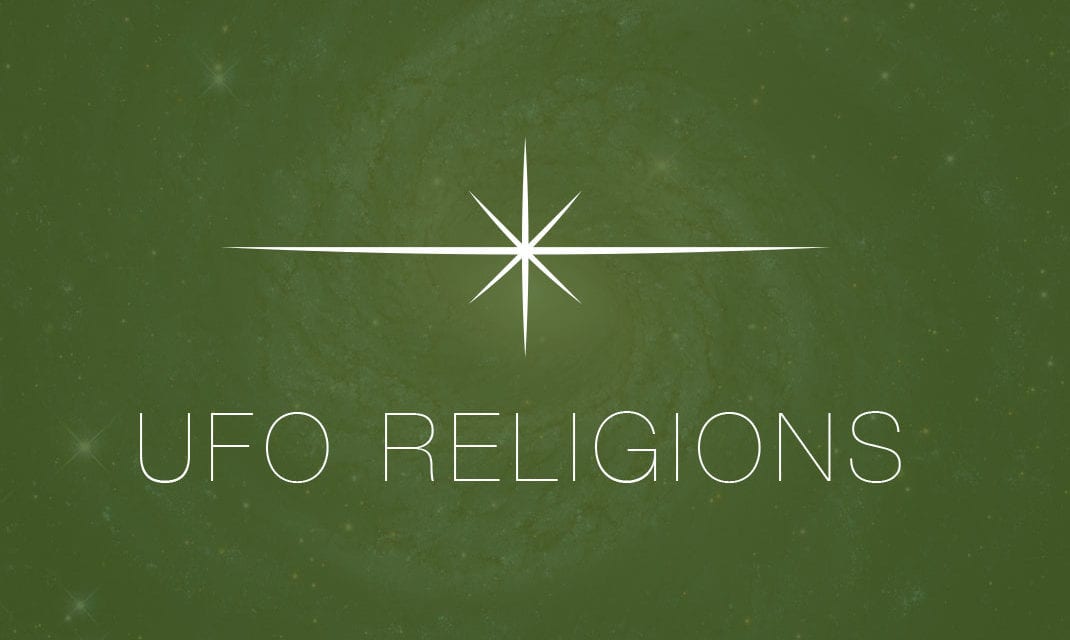This post critiquing a well-known Christian Darwinist’s mis-articulation of intelligent design is absolutely worth reading. I post it here in light of several ideas I have noted several times on this blog:
1. Evolutionary theory and intelligent design are not incompatible (it is the Darwinian approach to evolution that is the rub).
2. Given the first statement, proof of evolution would fail to invalidate Christianity’s belief in a creator.
3. Those who desperately want to affirm a panspermia model for how life arose here on earth — thereby validating in their mind the existence of ET life (intelligent or otherwise) and rendering any belief in a Creator as passe — fail to understand intelligent design’s stance toward evolution (not to mention failing in sound logic).
At any rate, the essay is quite good, as it shows through discussions of terms and phrases, omissions and deletions, how intelligent design is misunderstood. And as incoherent as I think their religion is, ancient astronaut theorists will also appreciate it, since it points out how intelligent design can work (along with evolution) for more than one type of creator model.





Mike,
It’s a timely post for me in I just blogged on basically the same idea yet it was a discussion I had with a Christian theistic evolutionist who denies that ID is a valid theory. He doesn’t really understand ID either. The post is here:
http://www.logosapologia.org/?p=2693
My main bone of contention is that I just don’t see how a theist can embrace random mutation as an explanation. If we grant evolution and theism, then God intended a certain outcome, so it is not random, rather intelligent mutation.
Cris,
Firstly, while randomness can be used in intelligent ways to arrive at well defined outcomes, the intermediate steps are still random (i.e. not intelligent, not directed). Math and statistics offer good examples of this: Monte Carlo quadrature, Simulated Annealing, Genetic Algorithms, to name a few. Secondly, why is it assumed that there should be a “certain outcome?” Why must the Universe be a designed machine with a specific outcome? Maybe the Universe is an experiment and God awaits the outcome? In which case, there was no intended “certain outcome.”
Not to nitpick, but ID is not a theory in the sense of the Scientific method. It is a hypothesis that awaits evidence and testing.
ID = hypothesis that awaits evidence and testing (like evolution, so that is fair). You seem to not rule out that ID is indeed testable, which is a good thing.
I think ID is a more general idea. While evolution proposes an idea as to how life became the way it is, evolution does not necessarily imply the presence or absence of an intelligent designer.
While evolution does not appear to require an intelligent designer, we have used evolution ideas in our own intelligent designs to solve hard problems. An intelligent designer may have chosen to employ evolution in Its design of life. After all, this approach appears to be quite robust to environmental changes.